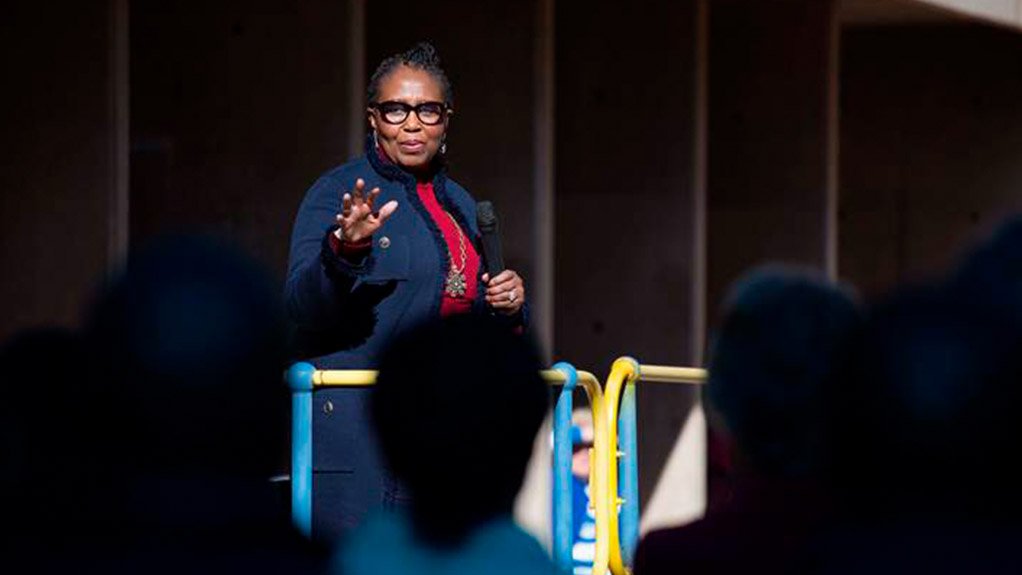South African nuclear company NTP Radioisotopes (NTP), a subsidiary of the State-owned South African Nuclear Energy Corporation (better known as Necsa), has increased its production of, and its share in the global market for, the Molybdenum-99 (Mo-99) radioisotope, the company announced on Thursday. This followed the withdrawal from the market by Canada’s NRU reactor last year.
“We have managed to grow our market share for Mo-99 through continued investment in our production, and by working with our partners to cover the supply gap,” reported NTP group executive finance Precious Hawadi. NTP’s revenues for the 2015/16 financial year came to more than R1.2-billion, of which almost R1-billion came from radioisotopes and radiopharmaceuticals. The global market for nuclear medicine was estimated at more than $11-billion last year and is expected to reach almost $20-billion in 2021.
NTP has also highlighted that its MD, Tina Eboka, was last month re-elected as vice chairperson of the Organisation for Economic Cooperation and Development Nuclear Energy Agency’s (NEA’s) High-Level Group on the Security of Supply of Medical Radioisotopes (HLG-MR). The re-election occurred during the biannual meeting of the group in Paris.
She was first elected to the post in 2016, becoming the first South African to hold it. She was also the first representative of a leading radioisotope producer to be elected to the HLG-MR’s executive. (For example, NTP supplies Mo-99 to 50 countries around the world, as well as meeting all of South Africa’s own requirements and is one of the world’s top three producers, being responsible for between 25% and 33% of global production.)
The same meeting saw US National Nuclear Safety Administration (NNSA) director Jeff Chamberlain elected as the new chairperson of the HLG-MR. He replaced the outgoing chairperson, Rilla Hamilton, also from the NNSA.
“Tina has been the cornerstone of the leadership team and, as my mentor, helped me to do my role successfully,” affirmed Hamilton, while Chamberlain stated that he would “rely on Tina’s input and support to ensure continuity and the successful completion of [his] term.” “The re-election confirms Tina’s phenomenal leadership talents, and is a continued acknowledgement of the NTP Group’s key role in global medical radioisotope production,” said NTP board chairperson Dr Namane Magau.
The HLG-MR was set up by the NEA in 2009 because of a global shortage of Mo-99, a very important medical radioisotope, at that time. Mo-99 decays into Technetium-99m (Tc-99m), which is employed in more than 40-million medical imaging procedures every year. But Mo-99 has a half-life of only 66 hours, while Tc-99m’s half-life is a mere six hours, meaning that neither can be stockpiled.
NTP is based at Necsa’s complex at Pelindaba, west of Pretoria, and uses the SAFARI-1 research reactor there in manufacturing its products.
Edited by: Creamer Media Reporter
EMAIL THIS ARTICLE SAVE THIS ARTICLE
ARTICLE ENQUIRY
To subscribe email subscriptions@creamermedia.co.za or click here
To advertise email advertising@creamermedia.co.za or click here













